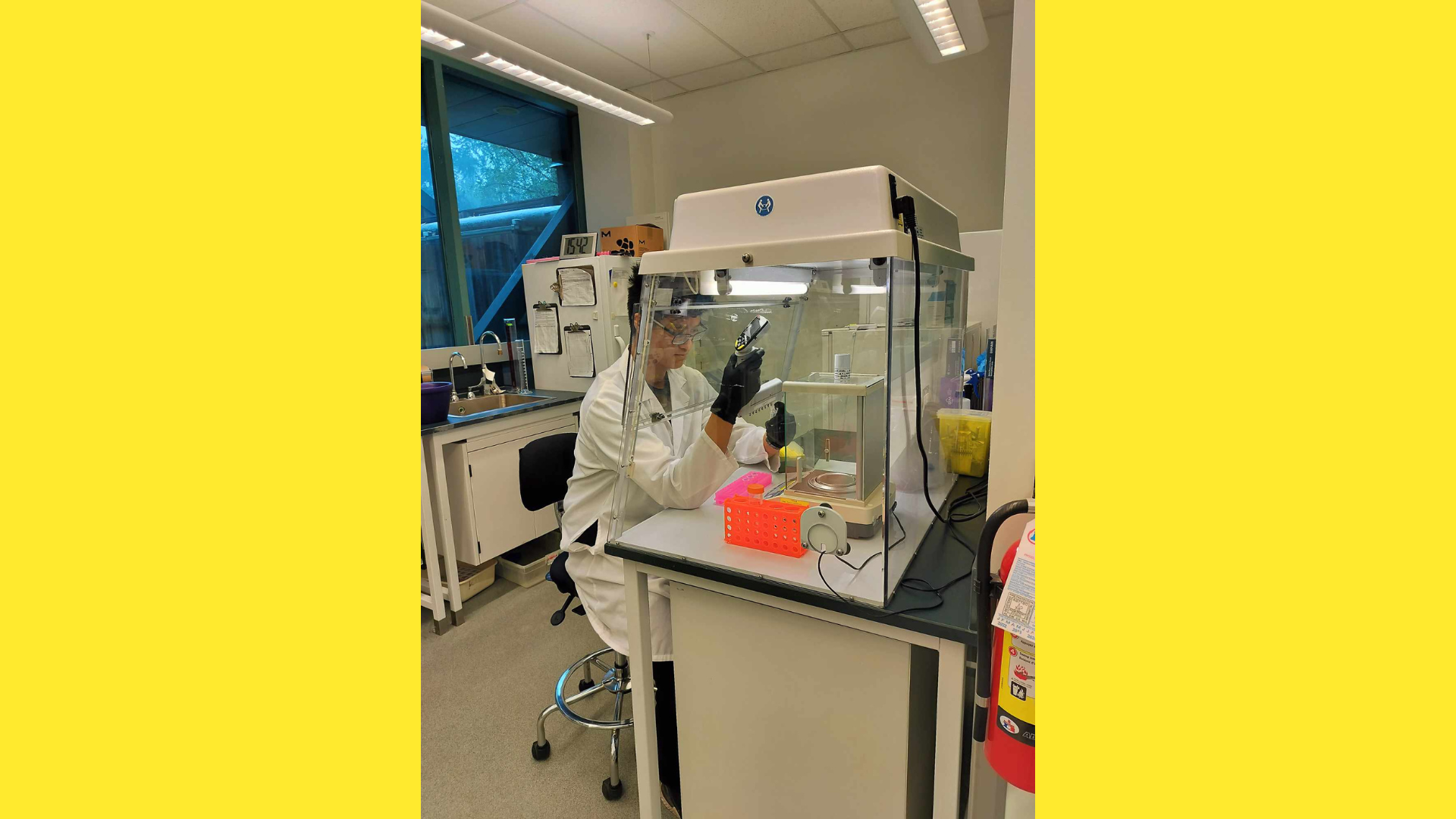As a polytechnic institute, BCIT programs are hands-on and the curriculum is taught by industry experts to prepare students for job-readiness.
The BCIT/UBC Biochemistry and Forensic Science Combined Honours Bachelor of Science student Edison Yue took it a step further by signing up for a work-integrated learning opportunity that provided him with meaningful work experience in preparation for his dream to become a forensic pathologist.
Check out his experience and tips for prospective students below.
What made you choose Forensics and BCIT?
I’ve been interested in forensics for a long time, mostly due to the mystery novels I read as a child and teenager. I want to become a forensic pathologist, and the Biochemistry and Forensic Science program has many courses that will help me follow my dream of eventually studying medicine and specializing in pathology.
What made you sign up for a co-op?
I had little experience working in the biochemistry field, and wanted a way to develop my biochemistry skills in a work environment which would help me get a job in the future.
Which co-op did you end up choosing?
I started in January 2023 at the Pacific Environmental Science Centre (PESC), connected to Environment and Climate Change Canada (ECCC) in North Vancouver. My role as a Molecular Biology Research Lab assistant was to help out both the genomics and toxicology departments.
I was interested in this position as it was directly related to forensic science and DNA.
Can you tell a bit more about what the PESC/ECCC does?
The main goal is to detect or confirm illegal poaching or trafficking of protected species. We analyze samples from suspected cases by extracting and sequencing DNA.
Over the years, this work has contributed to many arrests and fines in Canada’s effort to protect our wildlife and environment.
What would your average work week look like?
My research focused on exploring alternative DNA extraction methods to enhance DNA yields.
There are many commercially-produced kits designed to extract DNA from various materials such as blood, tissue, and plant samples. Each of these materials has a specialized kit that was developed specifically to optimize the amount and quality of DNA that can be extracted.
However, extracting DNA from timber, for example, has historically been difficult. This is an issue because identifying timber samples is essential to prevent illegal logging and trafficking of certain species of trees.
Hence, there is a need to develop a new protocol that can provide high DNA yields when working with timber samples. I helped the team develop a new protocol, but further research is still required.
What stood out during your co-op?
My favourite part about this job was that I was allowed to work independently on research projects. I’ve enjoyed designing and testing potential new protocols.
I enjoy learning and trying new things, and being able to work in both the toxicology and genomics departments has allowed me to learn and develop more skills than I would have otherwise. The last eight months have gone by incredibly fast, and I think it is partly thanks to having a wide variety of tasks to do rather than the same job repeatedly.
How do you look back at the co-op?
The program provided many courses that helped me develop the fundamental knowledge and practical skills required to succeed in this co-op position. It also has a nice balance between lecture and lab courses, and BCIT provides opportunities to learn about topics other biochemistry majors would not have the chance to experience, such as ethics and business.
What’s next?
I’m now back in school and expect to graduate in May. I applied for medical school this semester, and my interviews are in February.
Do you have any tips for prospective students?
If you don’t mind postponing your graduation for a year, I would definitely recommend doing co-op.
I highly value the fact that I will be able to list these co-op experiences on my resume when applying for positions in the future.
And I found the co-op to be a nice break from the usual university experience. Having some extra money to pursue hobbies has also been nice.
But it is crucial to find a co-op placement that you’ll find valuable, and you’ll likely have to apply for quite a few places before you land your placement, especially if you’re interested in one of the more popular positions.
So start your search early and ensure your resume and cover letters are solid.
And lastly, for more medical-related positions, be prepared for difficult ethics questions!
